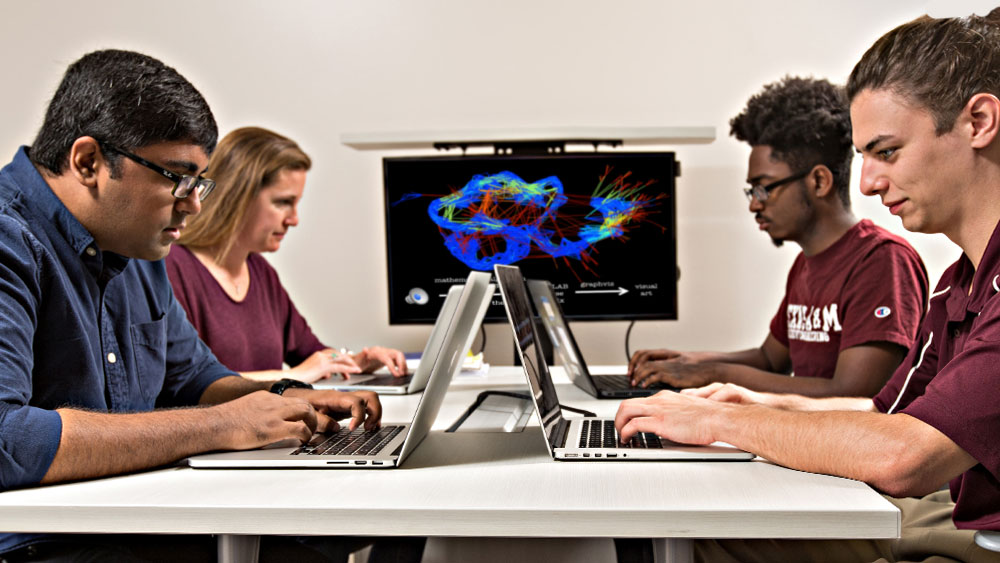
What is computer engineering?
The focus of computer engineering is on the design and development of computing systems, encompassing both hardware and software.
What do computer engineers do?
Computer engineers apply their knowledge to the design of computing systems and software in various areas. These areas include mobile devices, computers, servers, data science, computer networks, computer vision, pattern recognition, robotics, cybersecurity and embedded systems. Computer engineers perform tasks ranging from developing software and firmware, to designing very large scale integrated (VLSI) digital circuits.
Where do computer engineers work?
Computer engineering is a dynamic and broadly interdisciplinary field with rapid professional growth. A few industries that hire computer engineers are:
- Telecommunications industry
- Computer industry
- Social networking industry
- Cloud computing industry
- Semiconductor industry
- Aerospace industry
- Biomedical industry
- Transportation and automotive industries
- Government agencies and research labs
Why study computer engineering at Texas A&M University?
Computer engineering at Texas A&M University is jointly administered by the Department of Computer Science and Engineering and the Department of Electrical and Computer Engineering. This interdisciplinary program approaches both computer hardware and software from an engineering perspective.
Thus, as a computer engineering student, you'll benefit from both departments' strengths. In particular, this program encapsulates both an emphasis on digital VLSI circuits and systems, and microprocessor interfacing and systems design; and computer system architecture and design. It also focuses on computer networks, computer architecture, artificial intelligence, computer graphics, robotics, real-time computing, computer languages, and large-scale hardware and software systems.
Students get a strong foundation in mathematics, physics and chemistry. They also take courses in electrical circuits, electronics, digital circuits, computer architecture ranging from mobile and embedded architectures to big-data servers, interfacing, computer systems, programming languages, data structures, analysis of algorithms, operating systems, and software engineering.
The curriculum is designed to cover the engineering aspects of both hardware and software from a total computer systems perspective.